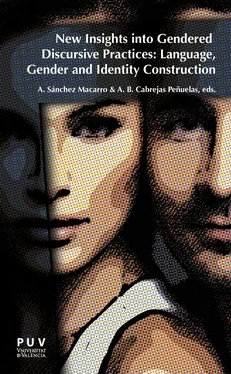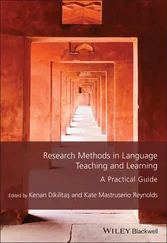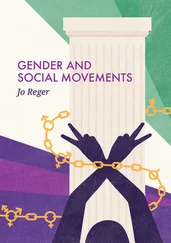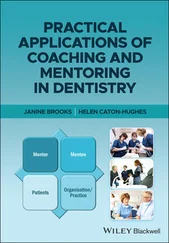New Insights into Gendered Discursive Practices:
Language, Gender and Identity Construction
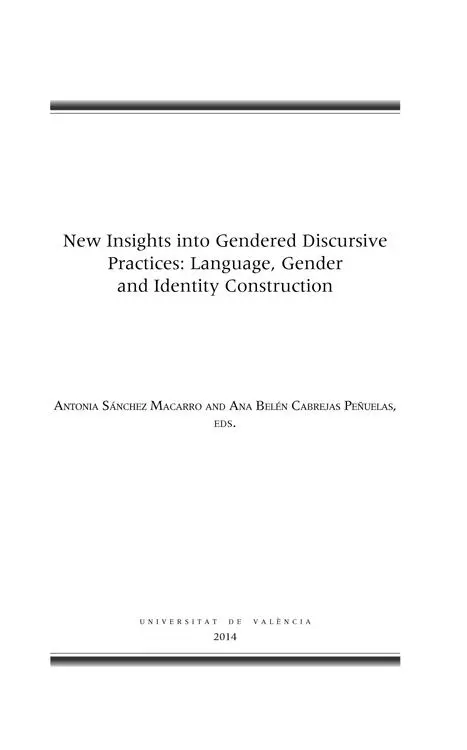
ENGLISH IN THE WORLD SERIES
GENERAL EDITOR
Antonia Sánchez Macarro
Universitat de València, Spain
ADVISORY EDITORIAL BOARD
Professor Enrique Bernárdez
Universidad Complutense de Madrid, Spain
Professor Anne Burns
Macquarie University, Sydney, Australia
Professor Angela Downing
Universidad Complutense de Madrid, Spain
Dr Martin Hewings
University of Birmingham, Great Britain
Professor Ken Hyland
City University of Hong Kong, China
Professor James Lantolf
Penn State University, Pennsylvania, USA
Professor Michael McCarthy
University of Nottingham, Great Britain
Professor Eija Ventola
University of Helsinki, Findland
© The authors © 2014 by the Universitat de València
Design and typeset: Celso Hdez. de la Figuera Cover design by Pere Fuster (Borràs i Talens Assessors SL)
I S B N : 9 7 8 - 8 4 - 3 7 0 - 9 6 9 3 – 3
CONTENTS
Notes on Contributors
Prologue, by Edward R. Barret
Introduction, by Judith Baxter
PART I MEDIA DISCOURSE
1Enforcing gender via directives in female adolescent magazines: a contrastive view in English and Spanish Mercedes Díez Prados
2Official and unofficial propaganda: old sexism (and, racism and classism) in new guises Joanne Neff Van Aertselaer
3Deconstructing ‘mean girls’: impolite verbal behaviours, on/offline self-representations and evaluative beliefs Antonio García-Gómez
4Help! The negotiation of discursive practices on domestic violence in an online public discussion forum Sandra Vázquez Hermosilla and Gora Zaragoza Ninet
5Claiming women’s rights through cartoons: the demand for a work-life balance María del Mar Rivas Carmona
PART II NEW TECHNOLOGIES
6The construction of adolescents’ peer identity through hyperbole on social networking sites Carmen Santamaría-García
7A pragmatic and multimodal analysis of emoticons and gender in social networks Carmen Maíz-Arévalo
8Adolescents’ language in blogs: a case study of female and male bloggers Rosa Muñoz Luna and Antonio Jurado Navas
PART III HIGHER EDUCATION CONTEXT
9Representations of gender in English and Spanish maritime engineering journals: a contrastive analysis Silvia Molina Plaza
10Genre and professional identity: an exploratory study on the female student teachers’ evaluation of experience in EFL Isabel Alonso Belmonte
11Gender styles in teaching: the use of hyperbole in teachers’ follow-up moves Laura Cano Mora
Notes on Contributors
ISABEL ALONSO BELMONTEholds a M.A. in Spanish as a Foreign Language Teacher Education and a Ph.D. in English Philology from University Complutense of Madrid (Spain). She currently works as an ELT associate professor at the University Autónoma de Madrid, where she has been training Primary and Secondary EFL pre service and in service teachers for more than 10 years now. During this time, she has participated in several international projects on foreign language teacher training in primary and secondary education in a European context. As for her research, her areas of specialization are discourse analysis and applied linguistics to language teaching (both Spanish and English as a foreign language), areas in which she has extensively published. Her most recent work can be read in prestigious journals such as Text & Talk, Journal of Pragmatics and Discourse and Communication .
LAURA CANO MORAdeveloped an early interest in the study of figurative language in general, and hyperbole in particular, as a research fellow at the Universitat de València, where she read her Ph.D. thesis. Her contributions to the field of non-literal language have also greatly benefited from research stays at the University of Surrey Roehampton in London. In an attempt to dissociate figures from literary theory, her articles focus on everyday spoken hyperbole from multidisciplinary areas, such as corpus linguistics, pragmatics, cognitive linguistics, conversational analysis, gender and genre theory. More recently she has been involved in the coordination of several immersion projects in Ireland and Canada and engaged in research on intercultural pragmatics and ESL.
MERCEDES DÍEZ PRADOSis an Associate Professor at Alcalá University (Spain). Her research fields and publications deal with diverse areas of the English language: issues on discourse analysis, pragmatics, TEFL (particularly on the writing skill), Anglicisms (e.g. “English Loanwords in Computer Language” in the ESP Journal , 2007), and the interplay between language and gender, the most influential work in this area being “Gender and L1 influence on EFL learners’ lexicon” (Palgrave, 2010). Her most recent publications are works analyzing political discourse, co-authored with Ana Belén Cabrejas Peñuelas: “Cohesion devices of three political texts: The Gettysburg Address, I Have a Dream and Obama’s Inaugural Address”, in the journal Revista de Estudios Ingleses de la Universidad Complutense de Madrid (2012); “The evaluative function in three political texts”, in Research Trends in Intercultural Pragmatics (Mouton de Gruyter, 2013) and “Positive self-evaluation versus negative other-evaluation in the political genre of pre-election debates” in Discourse and Society (to be published in 2014).
ANTONIO GARCÍA GÓMEZis an Associate Professor of Linguistics at the University of Alcalá de Henares, Madrid (Spain), where he teaches discourse analysis and functional linguistics. He holds a PhD in Linguistics from the Universidad Complutense de Madrid. His expertise lies primarily in discourse analysis and discursive psychology. Professor García-Gómez’s first and most developed research interest is conflict talk. A main strand of his research has focused on the pragma-discursive strategies employed in conflictual episodes in talk show interaction. Other current research interests include gender, identity and language use in new media. He has published numerous articles and authored two books: Habla conflictiva como acción social. Discurso y cognición . (Oviedo: Septem Ediciones, 2007) and La Conversacionalización del Discurso Mediático en la Televisión Británica. Ideología, Poder y Cambio Social (Oviedo: Septem Ediciones, 2009). Professor García-Gómez was an Honorary Research Fellow at University College London, UK (Department of Psychology). He presents regularly at conferences across Spain and Europe.
ANTONIO JURADO NAVASreceived his MSc (2002) and PhD (2009) degrees in Telecommunication Engineering, both from the University of Málaga (Spain). He has worked as a consultant at several mobile companies, and as a research assistant at the Communications Engineering Department at the University of Málaga, where he worked as an assistant professor. He is currently working in Ericsson advanced research department, and at the same time he collaborates with the Department of English, French and German Philologies at the University of Málaga. His research interests include topics as mobile communication systems, atmospheric optical communication, statistics, English phonology teaching and applied pedagogic research.
Читать дальше
